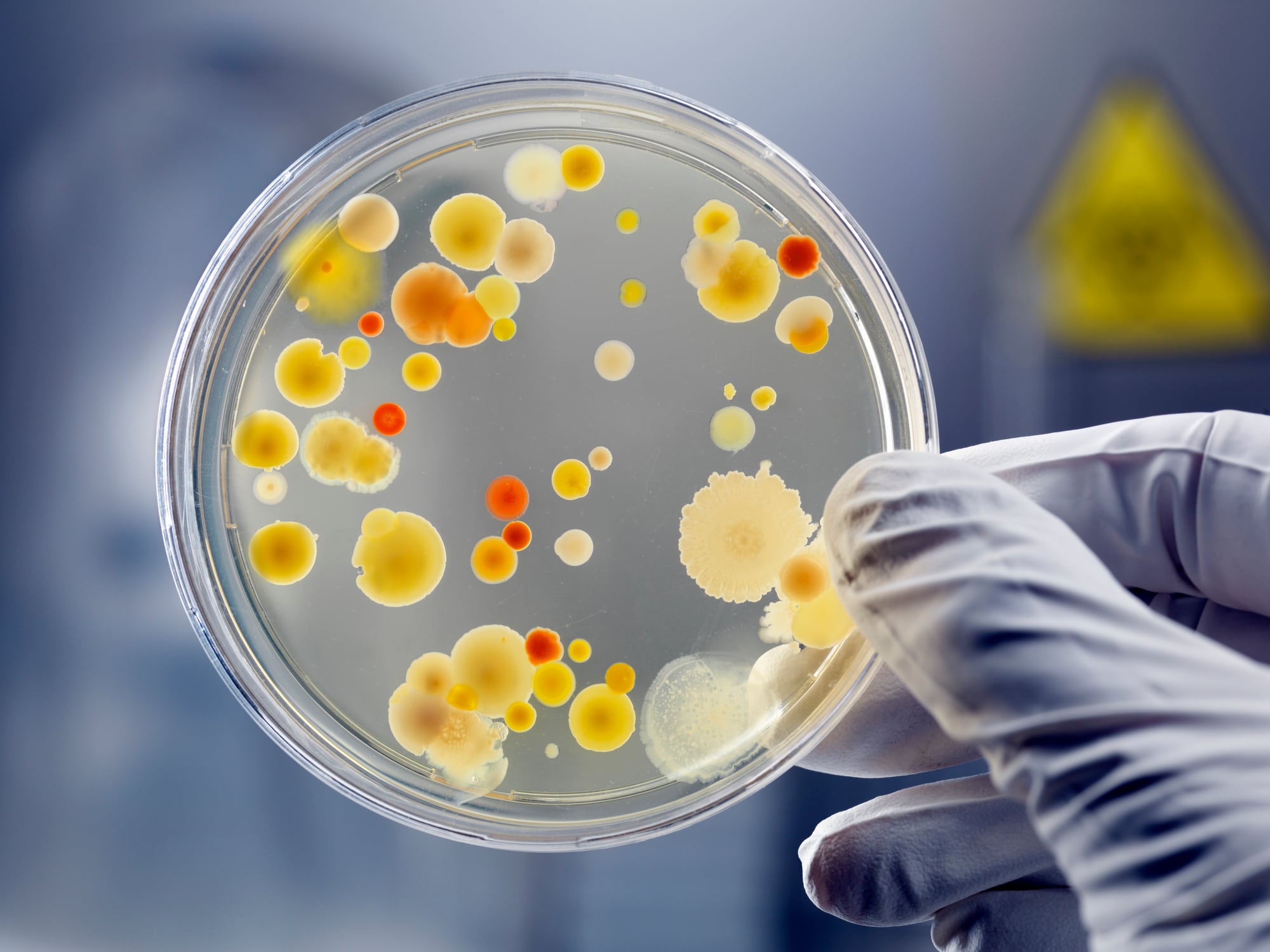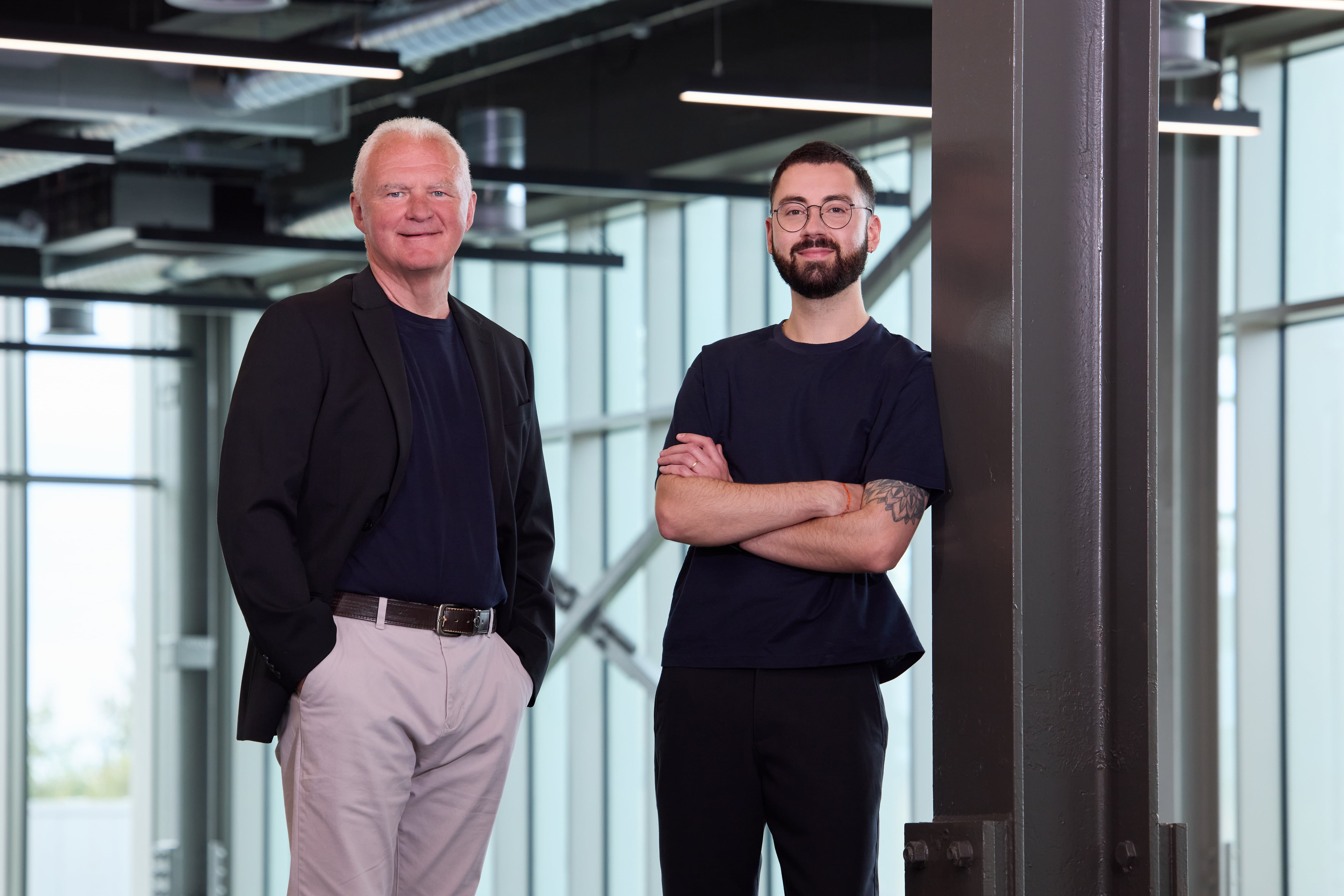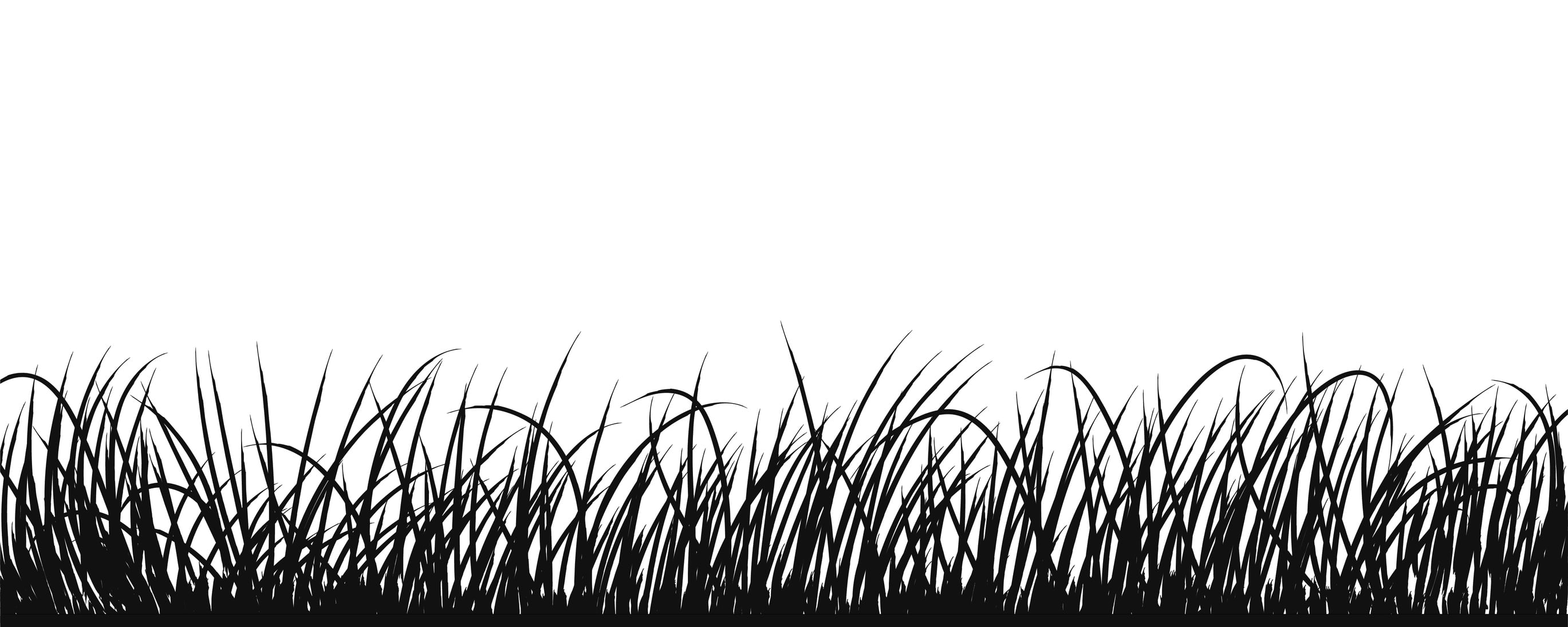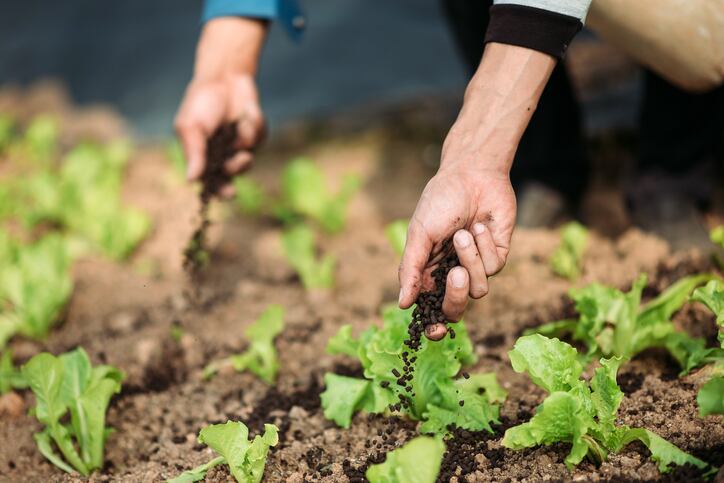Fresh from securing $7M to develop microbial solutions for crop protection, US start-up Jord BioScience has unveiled two years of field trial data showing its proprietary microbial solutions consistently outperform industry-standard treatments. The results include increasing soybean yield by up to 3.1 bushels per acre across 16 Midwest locations – even under dramatically different weather conditions.
The company, founded on research from the University of Minnesota, has a proprietary collection of more than 6,500 microbial isolates, amassed over 30 years of research, to create high-performing biofertilisers, biopesticides, and biostimulants.
The company demonstrated win-rates (calculated as the number of locations with a 0.5 bu/ac advantage over the leading biological and chemistry over the total number of locations) exceeding 80% and improved performance over leading biological and chemical benchmarks by 11% to 25%.
It said the results signal a new era of reliable, field-ready biologicals for farmers facing mounting pressures to deliver higher productivity and sustainability.
“Jord BioScience is committed to discovery of microbial solutions that consistently improve return on investment, while improving plant and soil health,” said Dr. Keri Carstens, president and CEO at Jord BioScience.
“Our field data show that our microbial leads not only outperform current benchmarks but also provide much-needed reliability for farmers seeking sustainable, high-performing crop inputs. Through partnerships with leading agribusinesses, we aim to be a trusted, science-driven partner to advance better and more consistent crop protection products.”
Unlike a chemistry-based application approach, where a product is applied everywhere at the same rate, Jord sees a much higher win-rate when identifying microbial interactions that complement each other biologically.
“In two drastically different growing seasons, our microbial leads consistently delivered yield improvements and high win rates—even in high-yield environments where biologicals rarely show ROI,” said Andrea Arias, vice president of Data Science and Crop Testing. “This consistency is a game-changer for growers seeking reliable biological crop protection.”
For the past two years, Jord has studied five microbial leads in soybean seed treatments to identify biological ingredients that can spur emergence, plant health and yield. Across 16 locations in Iowa, Minnesota, South Dakota and Illinois, Jord’s microbial leads, integrated into standard commercial soybean seed treatments, delivered yield increases of 1.4 to 3.1 bushels per acre during both the drought-affected 2023 season and the wet 2024 season.
Fast-tracked crop protection solutions
“In December of 2022, we set a goal to improve performance for a current market-leading microbial product, and to do that with a faster developmental timeline than traditional products,” said Carstens. “By March 2023, our team had identified five microbial leads that were ready to use in replicated field trials. That level of speed and productivity is unheard of in the agricultural research space.”
Jord’s discovery process aims to address challenges by optimising the microbial network that plants rely on for growth. By identifying how microbes work together to enhance microbial activities in the soil, Jord inoculants help boost plant productivity. Jord goes even further by screening for leads that will satisfy regulatory and fermentation scalability benchmarks at the beginning of the process, ensuring product quality end-to-end.
“When creating the Jord BioScience Microbial Bank, our founder and Chief Science Officer, Dr. Linda Kinkel was very specific in sourcing microbes strategically from diverse global agriculturally relevant locations. Dr. Kinkel’s rigorous selection process contributes to Jord’s high success rate in finding solutions for a variety of problems in the field,” Arias said.





